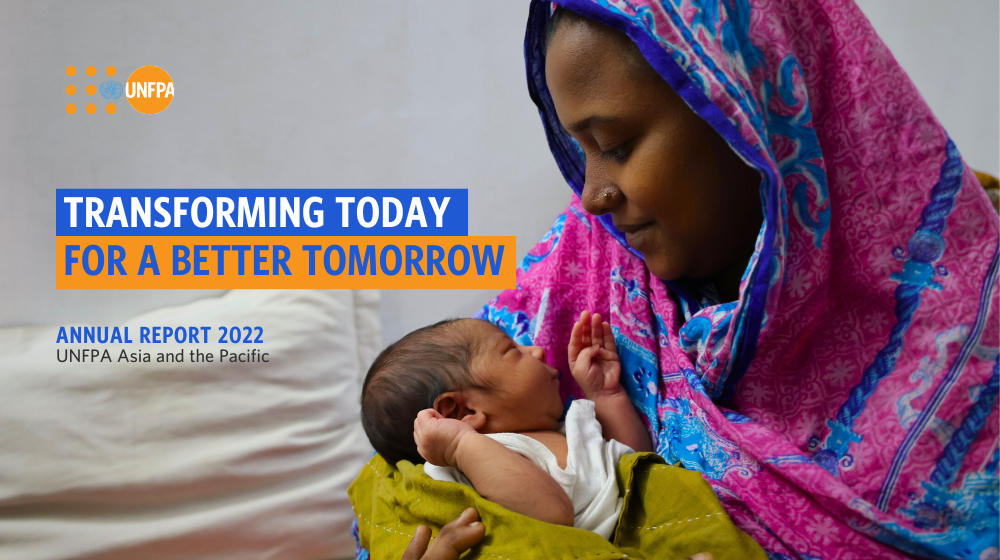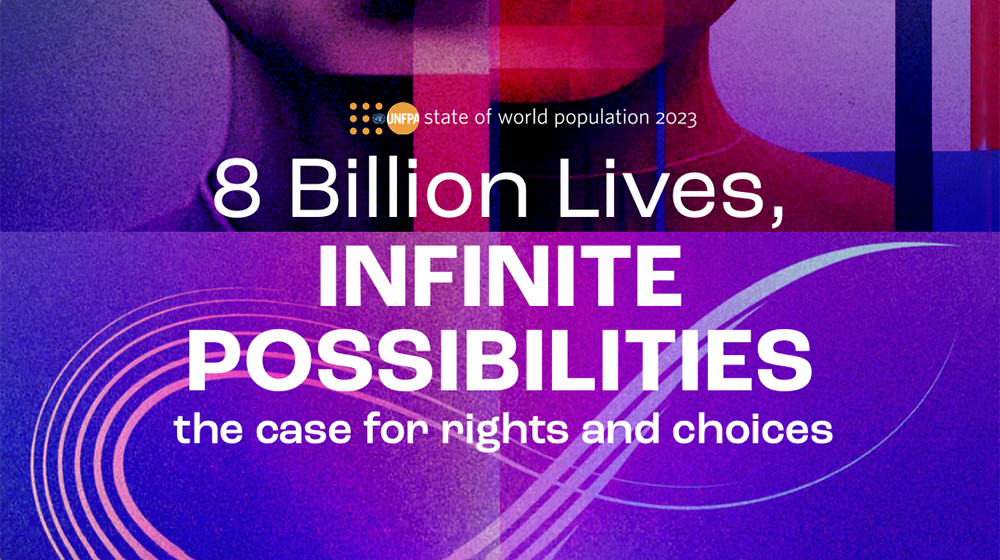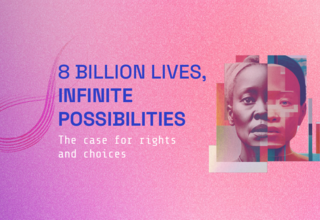In many countries, the number of male and female adults is roughly the same. This is due to a slightly higher number of male births (usually about 105 boys for every 100 girls) offset by more deaths among males than among females at all ages. However, numbers much higher than normal - sometimes as high as 130 - have been observed, especially in countries where technologies make it possible for families to determine the sex of a foetus.
China, India, Viet Nam are among the countries in the Asia and the Pacific region where there have been increases in the number of male births. This phenomenon is a reflection of a cultural preference for sons, in combination with increasing access to new sex-selection technology. The result is 100 million girls are “missing” from the region’s population.
This discrimination against the girl child represented in skewed sex ratios and rooted in son preference will have long-lasting social and demographic impacts. This imbalance will affect men of marriageable age that will find a dramatic shortage of potential brides forecasting increases in gender-based violence, trafficking, discrimination and general vulnerability of women and girls.
This issue was flagged more than 15 years ago at the International Conference on Population and Development. The Programme of Action from that meeting, which guides UNFPA, calls on governments to "eliminate all forms of discrimination against the girl child and the root causes of son preference, which results in harmful and unethical practices regarding female infanticide and prenatal sex selection."
UNFPA has been at the forefront in bringing attention to the issue. For more than 20 years, UNFPA has called attention to issues raised by son preference by building media interest, supporting community networks to advocate against sex selection, and sensitizing healthcare providers, young people and faith and community leaders to view sex selection as discrimination against women.
UNFPA promotes legislative efforts to reduce son preference: by ensuring women’s rights to inheritance, employment and pensions, and access to credit and political participation; and by enforcing bans on sex-selective procedures.




